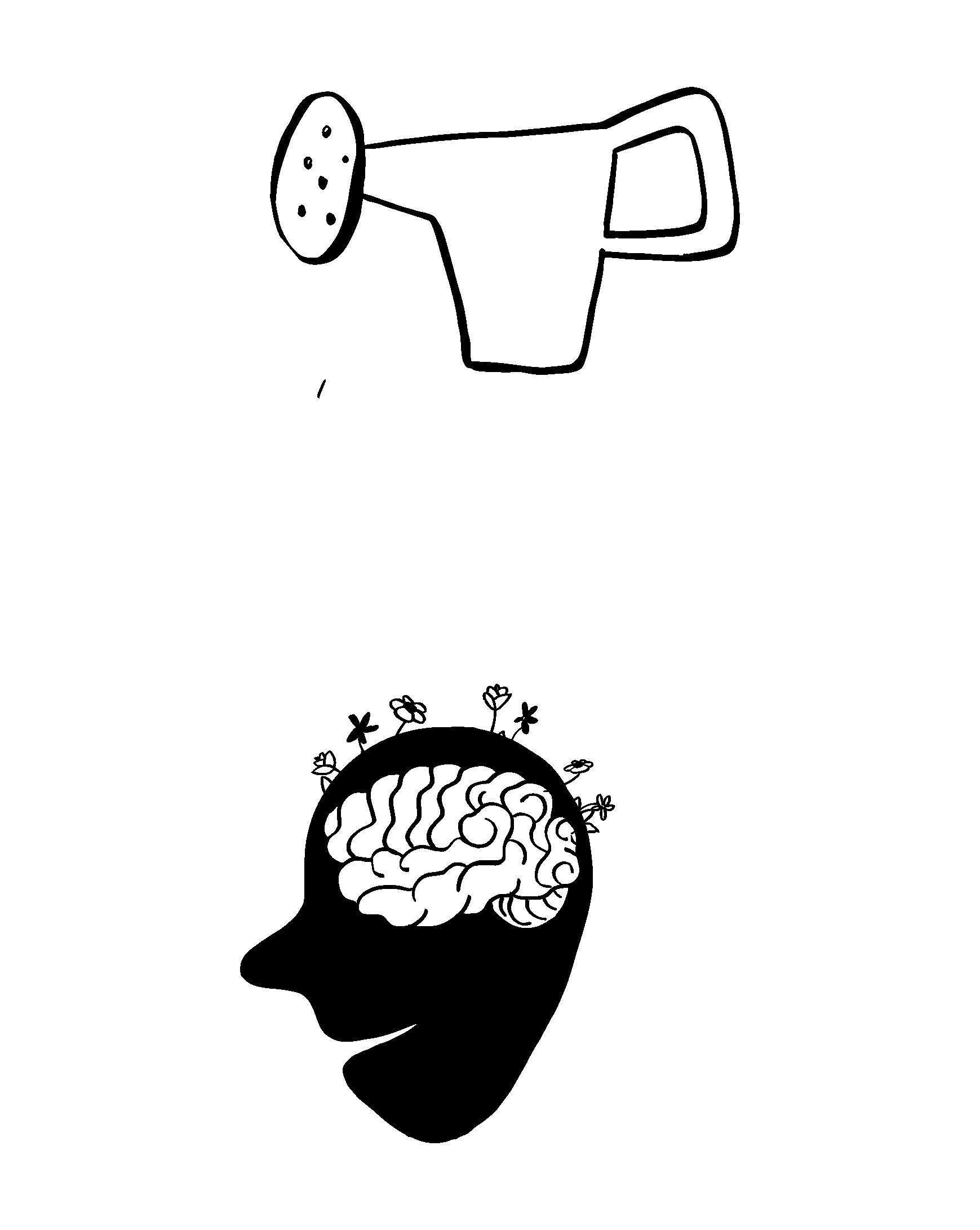Our Approach: A sustainable way forward
Building from the foundation of the Inner Development Goals, we’ve developed our own unique method, NeuroConnection. It seamlessly blends insights from neuroscience and cognitive behavioral therapy (CBT) to curate bite-sized engaging microlearning and workshop activities.
Each activity targets and supports the growth of regenerative leadership skills to boost employee engagement, collaboration, and sense of belonging.
Why work with Inner Development Goals?
A new wave of talent is now pursuing work that is driven by and grounded in a sense of purpose. Businesses that show an authentic concern and proactive approach towards human development are the ones capable of fostering motivation and leading innovation. We see a growing need to enhance and connect our collective skills to take on and efficiently manage complex problems.
That, and it’s just smart business.
Thinking
Being
Relating
Collaborating
Acting
Being
-
Having a deeply felt sense of responsibility and commitment to values and purposes relating to the good of the whole.
-
A commitment and ability to act with sincerity, honesty and integrity.
-
Having a basic mindset of curiosity and a willingness to be vulnerable, embrace change and grow.
-
Ability to be in reflective contact with one’s own thoughts, feelings and desires; having a realistic self-image and ability to regulate oneself.
-
Ability to be in the here and now, without judgement and in a state of open-ended presence.
Thinking
-
Skills in critically reviewing the validity of views, evidence and plans.
-
Understanding the skills needed in working with complex and systemic conditions and causalities.
-
Skills in seeking, understanding and actively making use of insights from contrasting perspectives.
-
Skills in seeing patterns, structuring the unknown and being able to consciously create stories.
-
Long-term orientation and ability to formulate and sustain commitment to visions relating to the larger context.
Relating
-
Relating to others and to the world with a basic sense of appreciation, gratitude and joy.
-
Having a keen sense of being connected with and/or being a part of a larger whole, such as a community, humanity or global ecosystem.
-
Being able to act in accordance with the needs of the situation without concern for one’s own importance.
-
Ability to relate to others, oneself and nature with kindness, empathy and compassion.
Collaborating
-
Ability to actively listen to others and foster genuine dialogue, to advocate own views skillfully, to manage conflicts constructively and to adapt communication to diverse groups.
-
Skills and motivation to build, develop and facilitate collaborative relationships with diverse stakeholders, characterised by psychological safety and genuine co-creation.
-
Willingness and competence to embrace diversity and include people and collectives with different views and backgrounds.
-
Ability to show trust and to create and maintain trusting relationships.
-
Skills in inspiring and mobilizing others to engage in shared purposes.
Acting
-
Ability to stand up for values, make decisions, take decisive action and, if need be, challenge and disrupt existing structures and views.
-
Ability to generate and develop original ideas, innovate and be willing to disrupt conventional patterns.
-
Ability to sustain and communicate a sense of hope, positive attitude and confidence in the possibility of meaningful change
-
Ability to sustain engagement and remain determined and patient even when efforts take a long time to bear fruit.





